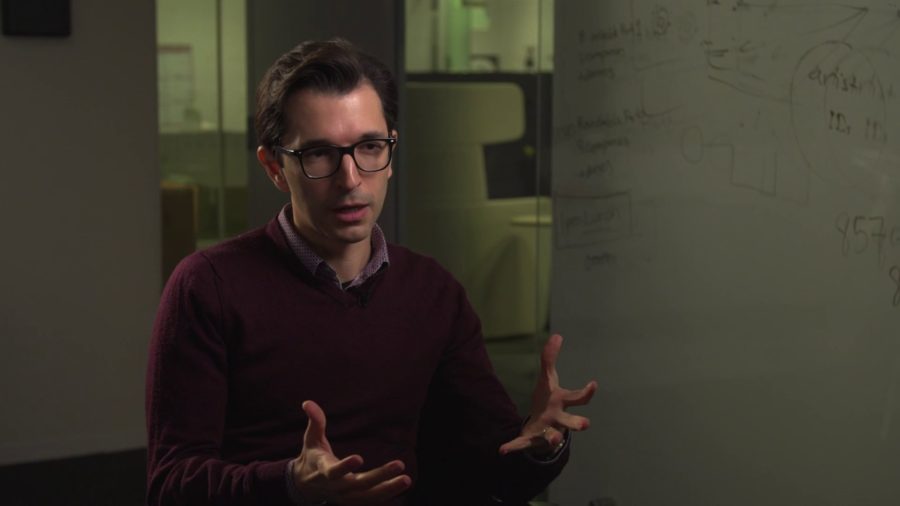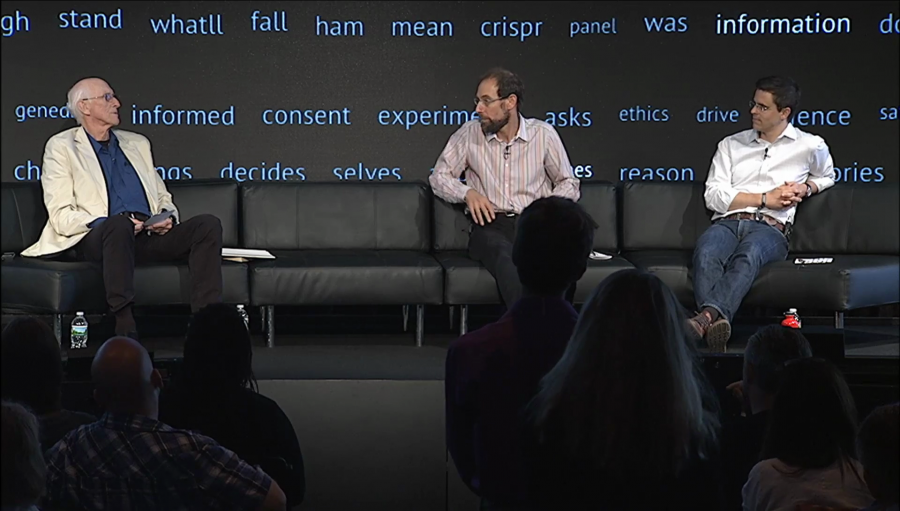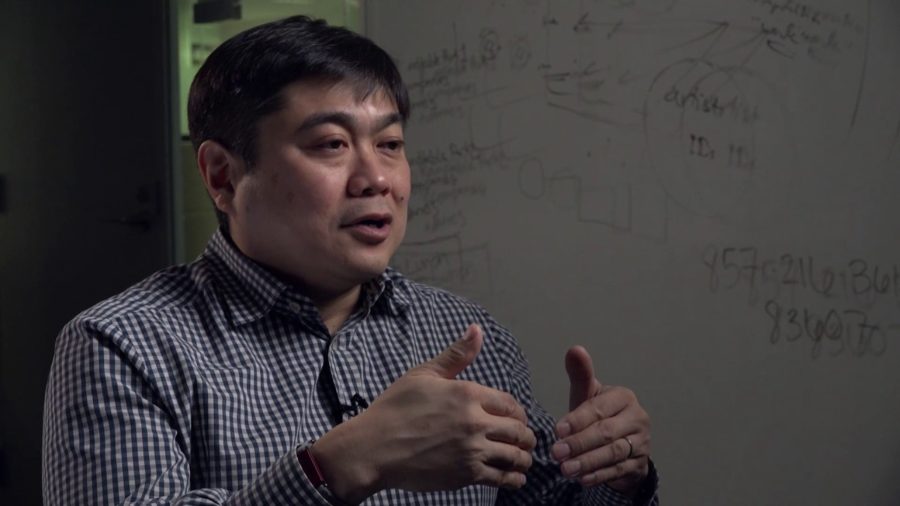Machine learning systems that we have today have become so powerful and are being introduced into everything from self-driving cars, to predictive policing, to assisting judges, to producing your news feed on Facebook on what you ought to see. And they have a lot of societal impacts. But they’re very difficult to audit.
Archive (Page 2 of 2)

I think there are countless amazing opportunities for artificial intelligence and its impact on society. I think one of the areas I’m truly the most excited about is education.

I think developments in artificial intelligence do pose a strong challenge for humanity. I think at a very fundamental level, people don’t quite understand what artificial intelligence is, yet it’s used as a buzzword that’s going to solve every single problem.

Some of the long-term challenges are very hypothetical—we don’t really know if they will ever materialize in this way. But in the short term I think AI poses some regulatory challenges for society.

Solar geoengineering rests on a simple idea that it is technically possible to make the Earth a little more reflective so that it absorbs a little less sunlight, which would partly counteract some of the risks that come from accumulating carbon dioxide in the atmosphere. When I say technically possible, it appears that at least doing this in a crude way is actually easy, in the sense that it could be done with commercial off-the-shelf technologies now, and it could be done at a cost that is really trivial, sort of a part in a thousand or a part in ten thousand of global GDP.



